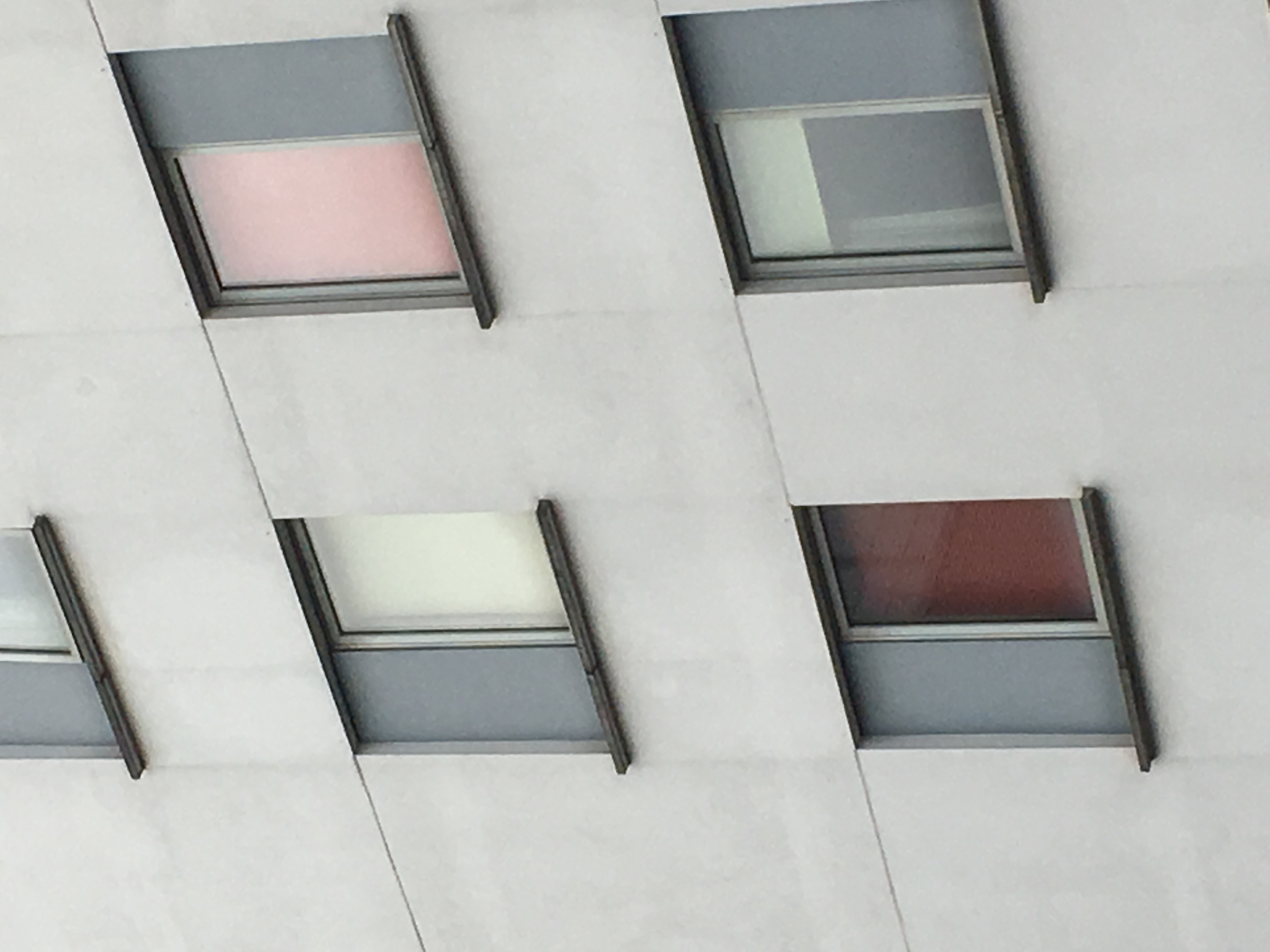
BY ALICIA BYRNE KEANE
—
I.
I remember once going to an Edvard Munch exhibition and seeing an entire room filled with studies of the Weeping Woman. I don’t really know art things so the painting didn’t really seem all that remarkable to me compared to his weirder ones. It’s a nude, standing up in a bedroom, her head bowed. But the longer I looked at it the more I started finding it sinister. The way the same picture has been obsessively repeated. I started to notice how in certain versions the room is claustrophobically distorted to make it look as if her head is almost pushing against the ceiling like she’s standing up in a tent. How in some the palette is unpleasantly oversaturated, her cheeks too red, the shadows in the corners of the room too dark. Something invasive about the angle like the artist is sitting too close to the subject. I never found out the context of the painting, whether it was meant to seem that way. (Weird if not, and weird if so.) There’s something panic-inducing about it.
II.
Crying four years ago, surrounded by large abstract paintings. I’m in a top-floor office in a leafy suburb, the very kind of ornate redbrick neighborhood that causes people to employ the cliché leafy suburb, in the office of an academic I have just met. She conducts studies on things like hats in literature.
There is lots of art on the walls, floor to ceiling. It’s not very good art, but it’s large and copious. Particularly vivid, in this memory, is a view of the painting opposite me. It’s sort of pinky beige. It looks the way baby wipes look when I’ve used them to take off my makeup.
‘Beckett was a real guy,’ she is saying. ‘He had sex, he played tennis.’
He played sex, he had tennis.
I manage to say ‘I hate it here’, in a voice that sounds like it’s being squeezed out through a straw.
III.
I don’t know my housemates very well, but around the Repeal referendum, one of them bought a little framed painting that sits on our mantelpiece. I can’t see who the artist is because their signature is done down the bottom in pencil and I can’t read it hardly, but it looks like the first name is Anna or Ann. It is titled #togetherforyes and it shows a crowd of people from afar, stick figures with outstretched arms, holding different banners that all give the names of different collectives and organizations. It’s incredibly detailed when you look at it closely and reminds me almost of Quentin Blake drawings, it seems gentle. I need to ask them who made it.
I Google #togetherforyes painting, #togetherforyes ann painting.
Everyone’s away and the house has an uncanny quality. I have been cleaning for hours. It reminds me of grey Sunday dread when I was a kid.
I have put a chair out in our garden and I can see it from the window. The garden is a blaze of sun and if you saw just this scene in isolation you would think you were somewhere nice. I duck into the corner of the kitchen closest to the door, for some reason, because this feels like the least windowy area of the house, and somehow safer than anywhere else for displays of emotion. I don’t know who I think would be watching me. I begin to cry.
I am not sure why I am crying, here in the part of the kitchen that no one can see, where the dustpan and brush hang, trailing bits of grey fluff.
This time last year I walked to a part of the city I didn’t usually go to and read Astragal by Albertine Sarrazin and found the way she was in bed with a broken ankle for most of the story sadder maybe then I was meant to. It made the whole book seem transitory and unfinished like just a really odd part of someone’s life. I read it in a park during a drought, when most of Dublin looked grey and yellow.
—
 ALICIA BYRNE KEANE is a Ph.D. student from Dublin, Ireland. She has a first class honors degree in English Literature and French from Trinity College Dublin and a MSt. in English Literature 1900-Present from Oxford University. She is currently working on an Irish Research Council-funded Ph.D. study of ‘vagueness’ and translation in the work of Samuel Beckett and Haruki Murakami. She has performed poetry at events such as Electric Picnic, Lingo Festival, and Body & Soul, and has assisted on the editing team for the New Welsh Review. She has more recently turned to writing prose pieces.
ALICIA BYRNE KEANE is a Ph.D. student from Dublin, Ireland. She has a first class honors degree in English Literature and French from Trinity College Dublin and a MSt. in English Literature 1900-Present from Oxford University. She is currently working on an Irish Research Council-funded Ph.D. study of ‘vagueness’ and translation in the work of Samuel Beckett and Haruki Murakami. She has performed poetry at events such as Electric Picnic, Lingo Festival, and Body & Soul, and has assisted on the editing team for the New Welsh Review. She has more recently turned to writing prose pieces.
![[PANK]](https://pankmagazine.com/wp-content/themes/pank/assets/images/pank-logo-large.png)
